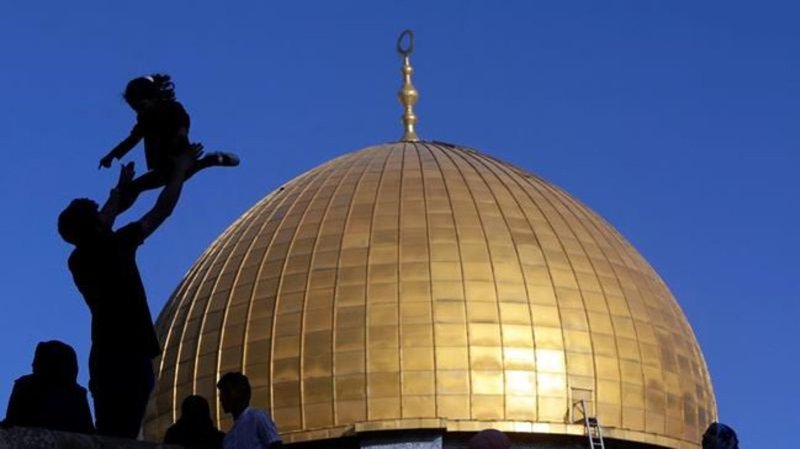
Officials: Egypt delegation in Tel Aviv for cease-fire talks
CAIRO (AP) — An Egyptian delegation is in Tel Aviv for talks with Israeli officials as part of efforts to negotiate a cease-fire in the escalating conflict with Gaza, Egyptian intelligence officials said Thursday.
The two officials spoke on condition of anonymity because they were not allowed to brief the media. The same delegation met with Hamas officials in the Gaza Strip first, they said, and crossed into Israel by land. Egypt has played a mediating role in the past between the sides.
Late Wednesday, Egypt’s foreign minister, Sameh Shukry, condemned Israeli attacks on Palestinian territory in a phone call with his Israeli counterpart, Gabi Ashkenazi. He said it was important for both sides to avoid escalation and resorting to military means, according to a readout of the call.
THIS IS A BREAKING NEWS UPDATE. AP’s earlier story follows below.


